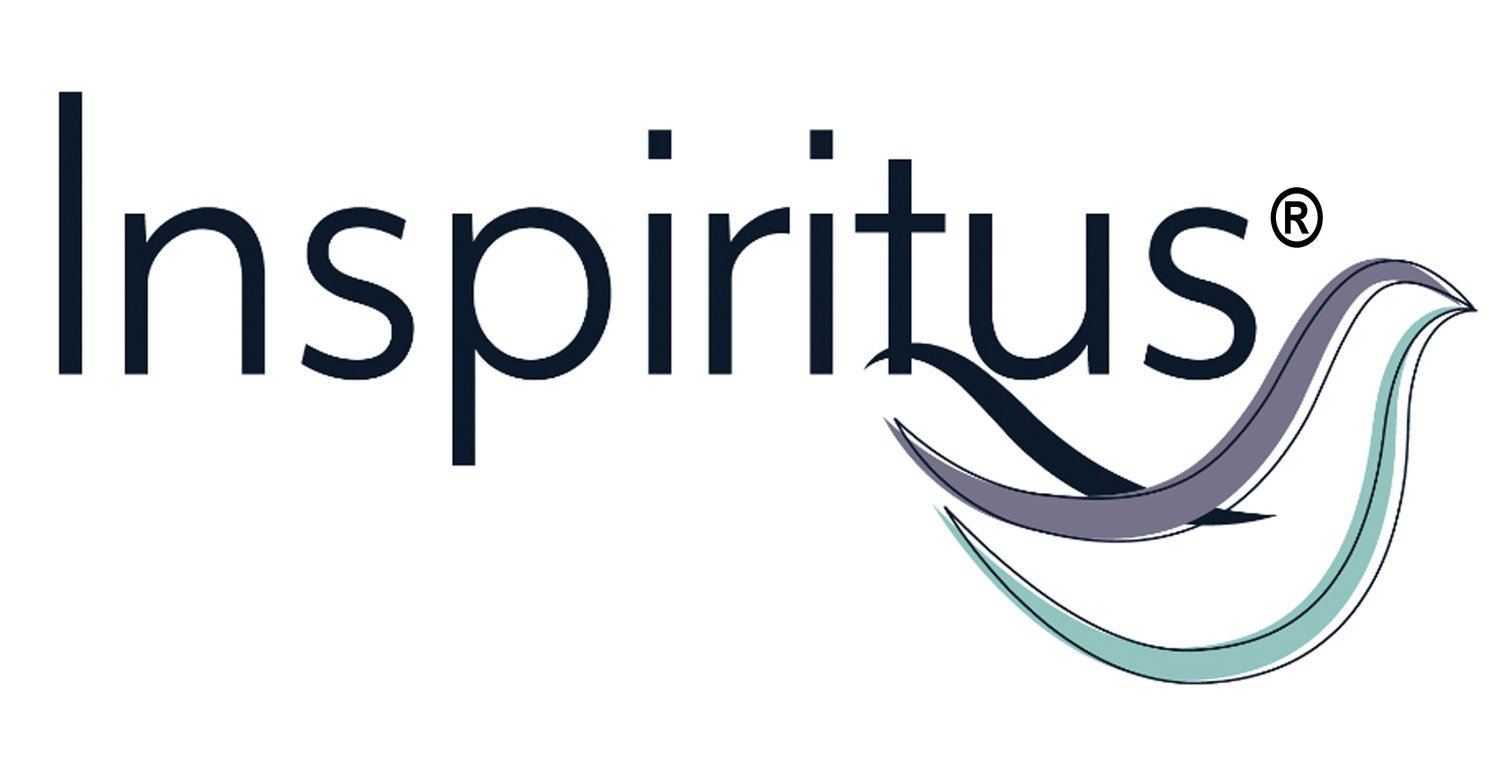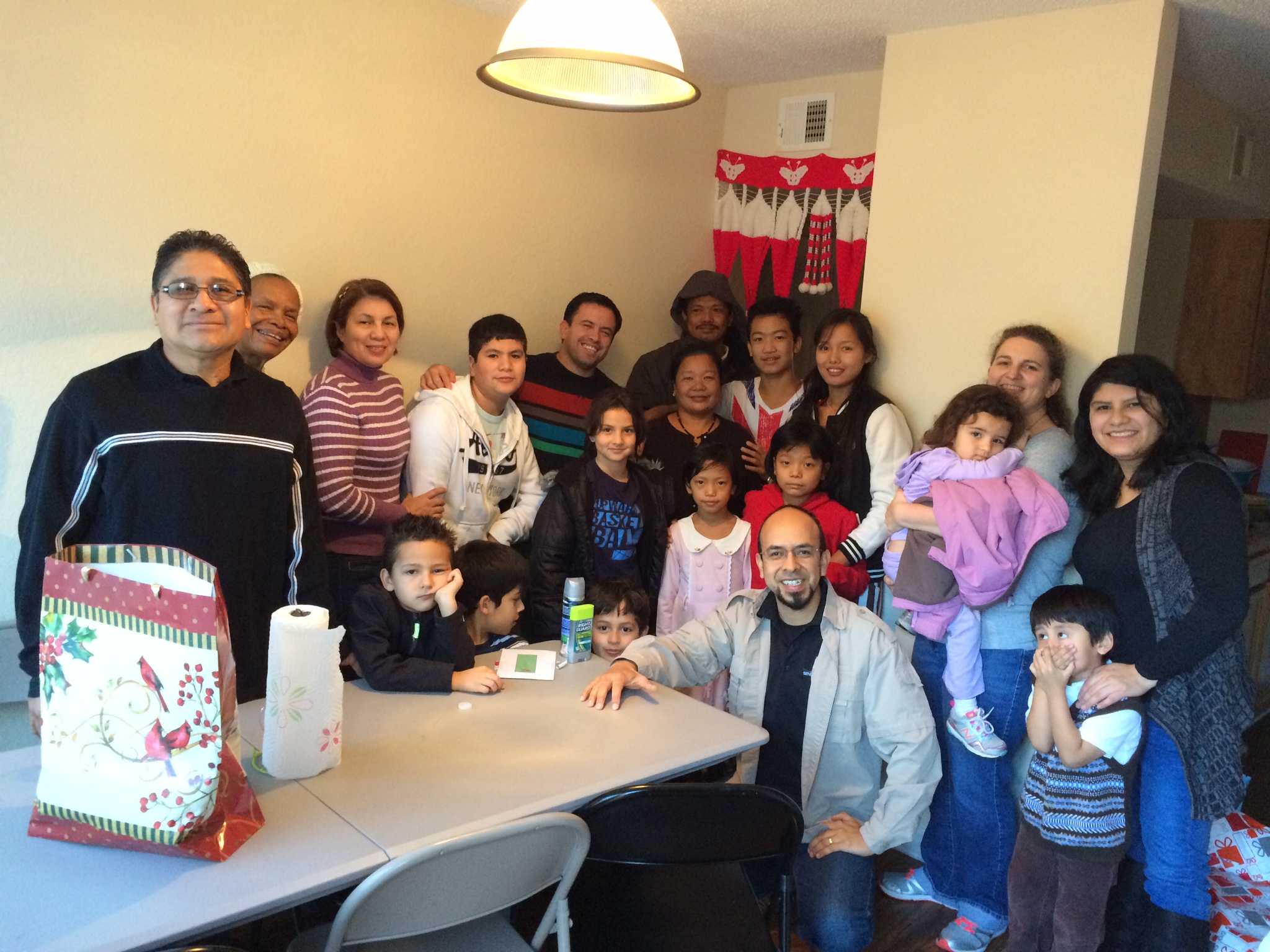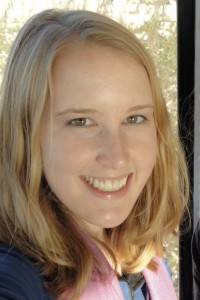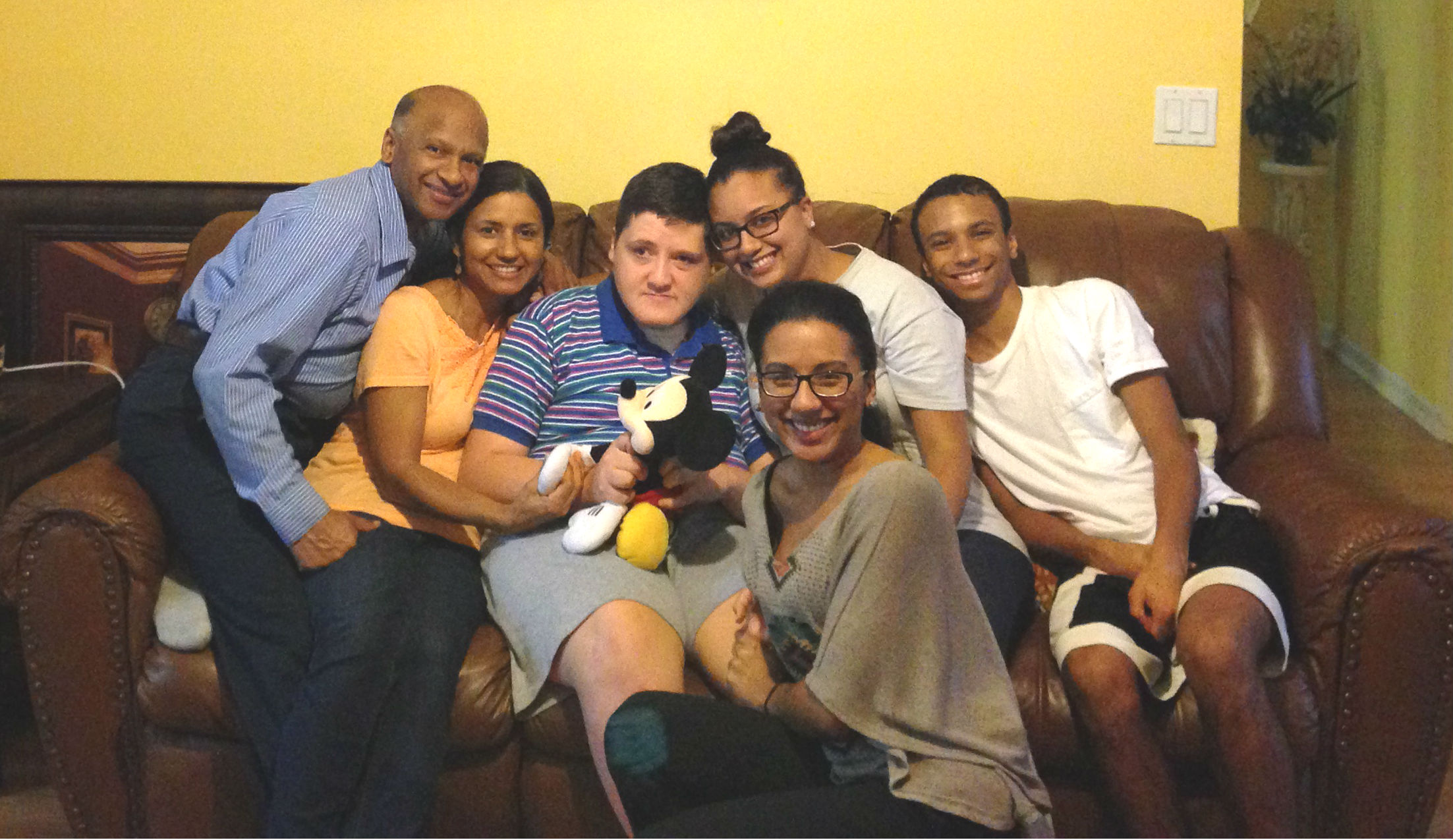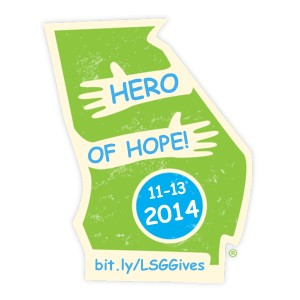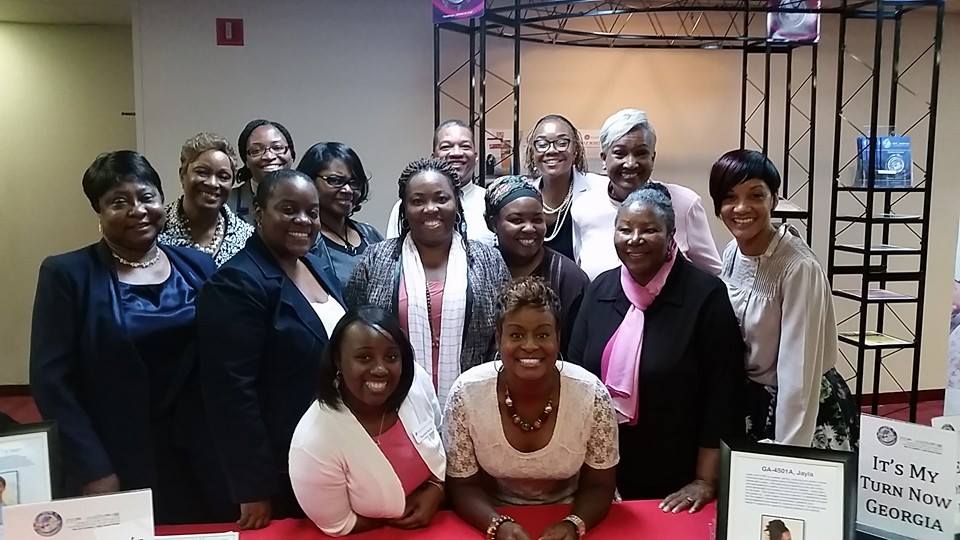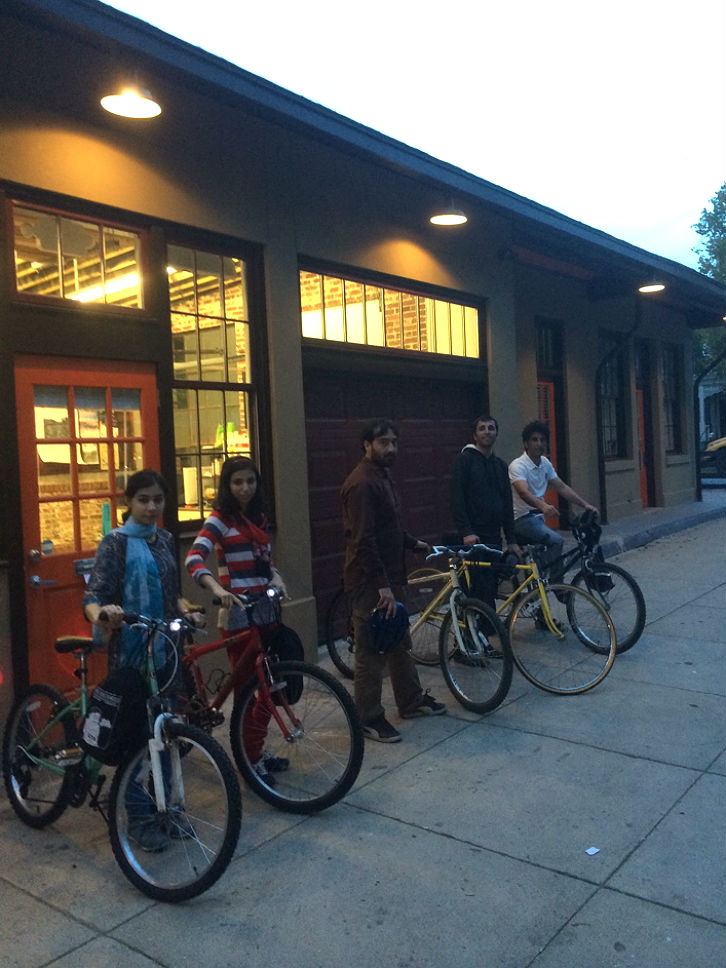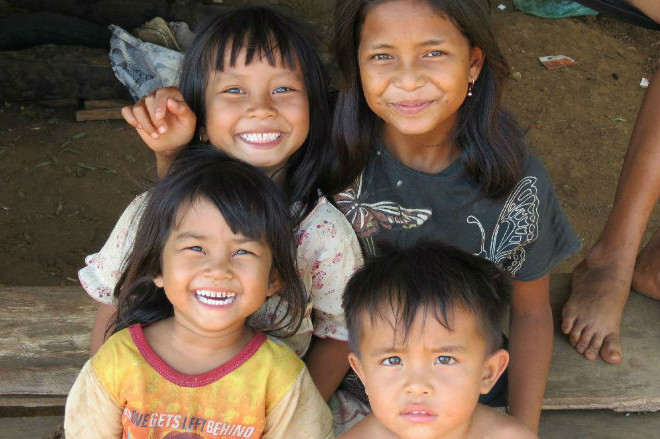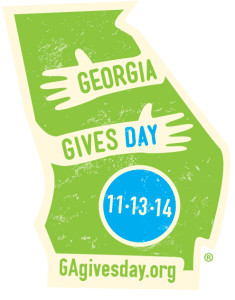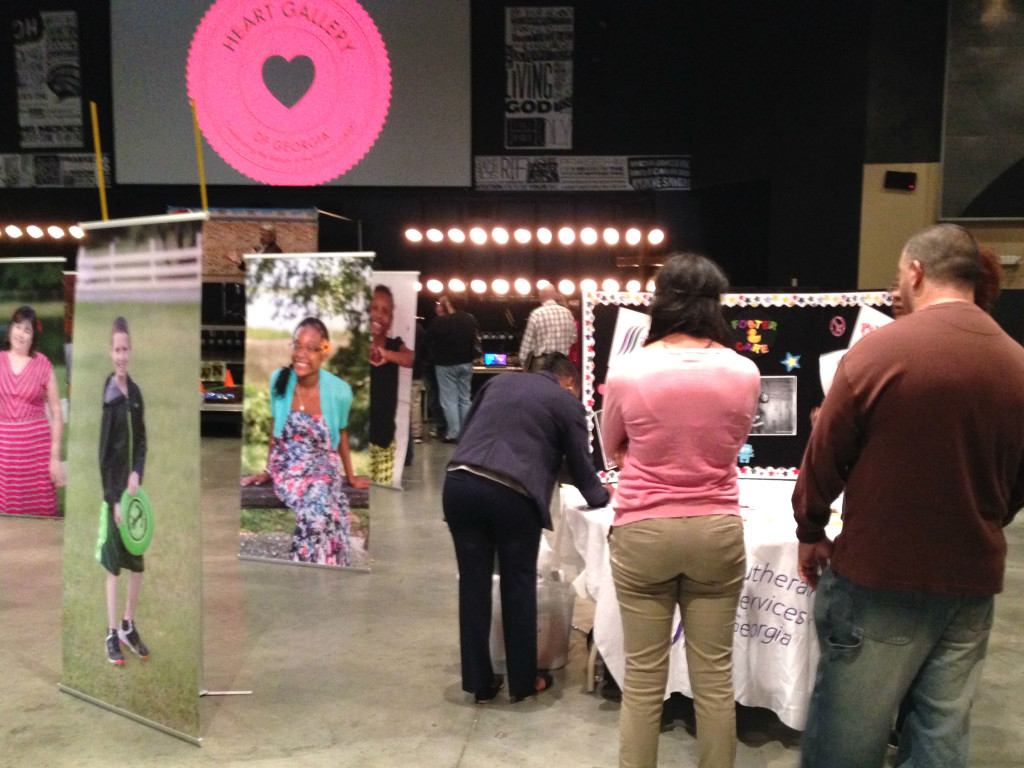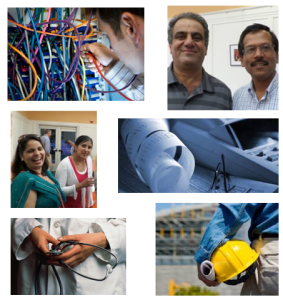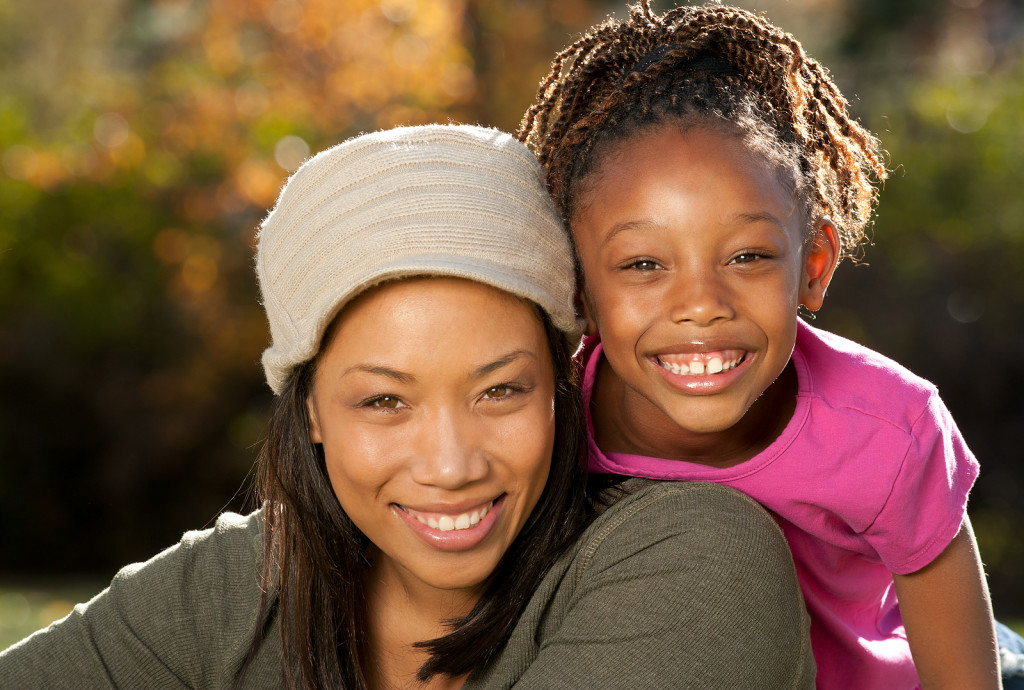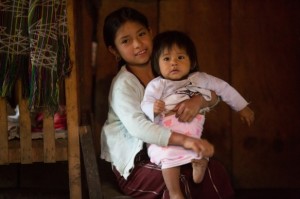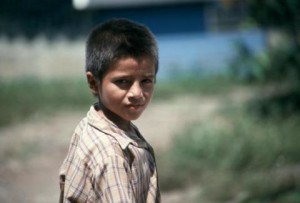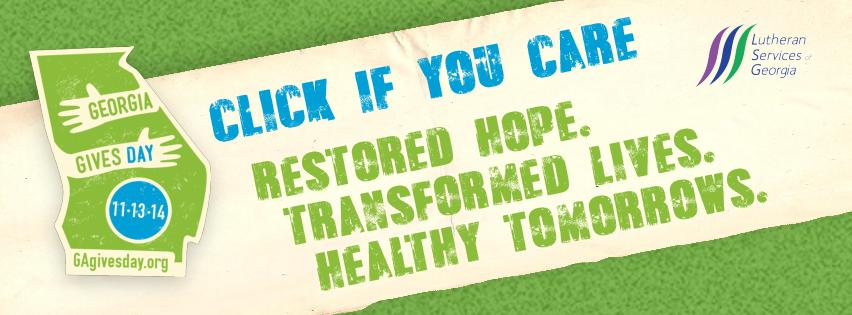
November 13, 2014 is Georgia Gives Day, and LSG needs your help. Each year, Georgia Gives Day brings the state together as one community to raise as much money and awareness as possible for Georgia nonprofits within a 24-hour, flash mob of giving! LSG has set a goal to raise $10,000 that will support our efforts to promote quality services for children and families throughout Georgia. Check out our top 13 reasons to support LSG on November 13!
1) LSG helps children find forever families! In 2013, LSG’s Adoptions program placed 36 children into permanent, adoptive families. Click here to read the story of the Millers, a couple who adopted two children through LSG.
2) LSG helps refugees build new lives in the United States! In 2013, LSG resettled 407 refugees in Atlanta and 54 in Savannah. Click here to read about the Al Khazrajis, an Iraqi refugee family who are using their abilities to help other refugees in Savannah.
3) Volunteers love serving with LSG! In 2013, 1600 volunteers provided 20,757 hours of service to LSG to make our work possible. Click here to read testimonies from Concordia University students who spent their alternative spring break volunteering with LSG.
4) LSG strengthens relationships and keeps families together! In 2013, Family Intervention Services gave 134 families with 425 children tools to develop healthy, loving, and strong family relationships. Click here to read how LSG assisted the Rogers family in becoming better parents and reuniting with their children.
5) LSG celebrates community heroes! Each year, LSG honors local heroes at the annual Heroes of Hope, Healing, and Strength Gala. This year, LSG honored Lutheran leaders Rev. Darrel and Mary Peterson; former superintendent of Atlanta Public Schools Erroll B. Davis; and business leader R.N.C. Industries. Click here to see photos from the 2014 Gala.
6) LSG gives individuals with disabilities the support they need to thrive in their communities. LSG’s FACES program creates a meaningful family environment for individuals of all ages with disabilities and helps them become active, integrated members of the community. In 2013, FACES served 105 clients with developmental, physical, or intellectual disabilities. Click here to read the story of Ms. Sarah Hatcher, an LSG Support Companion who assists two FACES clients.
7) LSG promotes mental health! In 2013, LSG launched the Behavioral Health Services program and now offers an array of outpatient mental health and substance abuse counseling services to children, adolescents, adults, and seniors. Click here to learn more about BHS.
8) LSG welcomes immigrants! LSG provides a number of services to welcome immigrants. In LSG’s Friends in Hope Detention Visitation Ministry, volunteers visit and write letters to immigrants in detention. LSG offers legal services for immigrants and provides fingerprinting for people who will become guardians of immigrant unaccompanied minors. LSG has also begun providing other services for unaccompanied children, including short-term transitional foster care.
9) LSG helps communities cope with disaster! LSG provides immediate relief and assistance, as well as long-term recovery services that remain critical long after initial headlines have faded. In 2013, LSG continued to support three families through direct assistance with purchasing materials to rebuild homes. Click here to read more about disaster response.
10) LSG is one of the largest non-profit providers of foster care services in Georgia! LSG specializes in placing at-risk and special needs children in quality, highly trained, specialized foster care homes. In 2013, Specialized Foster Care aided 237 individuals in creating safe, caring foster homes. Click here to read how one LSG nurse worked with foster parents to insure that a medically fragile client got the care he needed.
11) LSG has an engaged, caring staff! LSG staff members are dedicated to their clients, active in their work, and respected in the community. Many staff members even take the opportunity to engage in advocacy issues that affect their clients. Click here to read the story of Aimee Zangandou, a former refugee and current LSG staff member who participated in Lutheran Immigration and Refugee Service’s 2014 World Refugee Day advocacy event!
12) LSG is non-discriminatory! LSG offers services to individuals and families without regard to age, creed, gender, origin, race, religion, or sexual orientation.
13) LSG can’t do it alone! LSG relies on the generosity of individual donors, churches, corporate and private foundations, public grants, volunteers, and many other supporters to do our work. Your gift on Georgia Gives Day helps us keep bringing restored hope, transformed lives, and healthy tomorrows to individuals and families throughout Georgia. Click here to give!
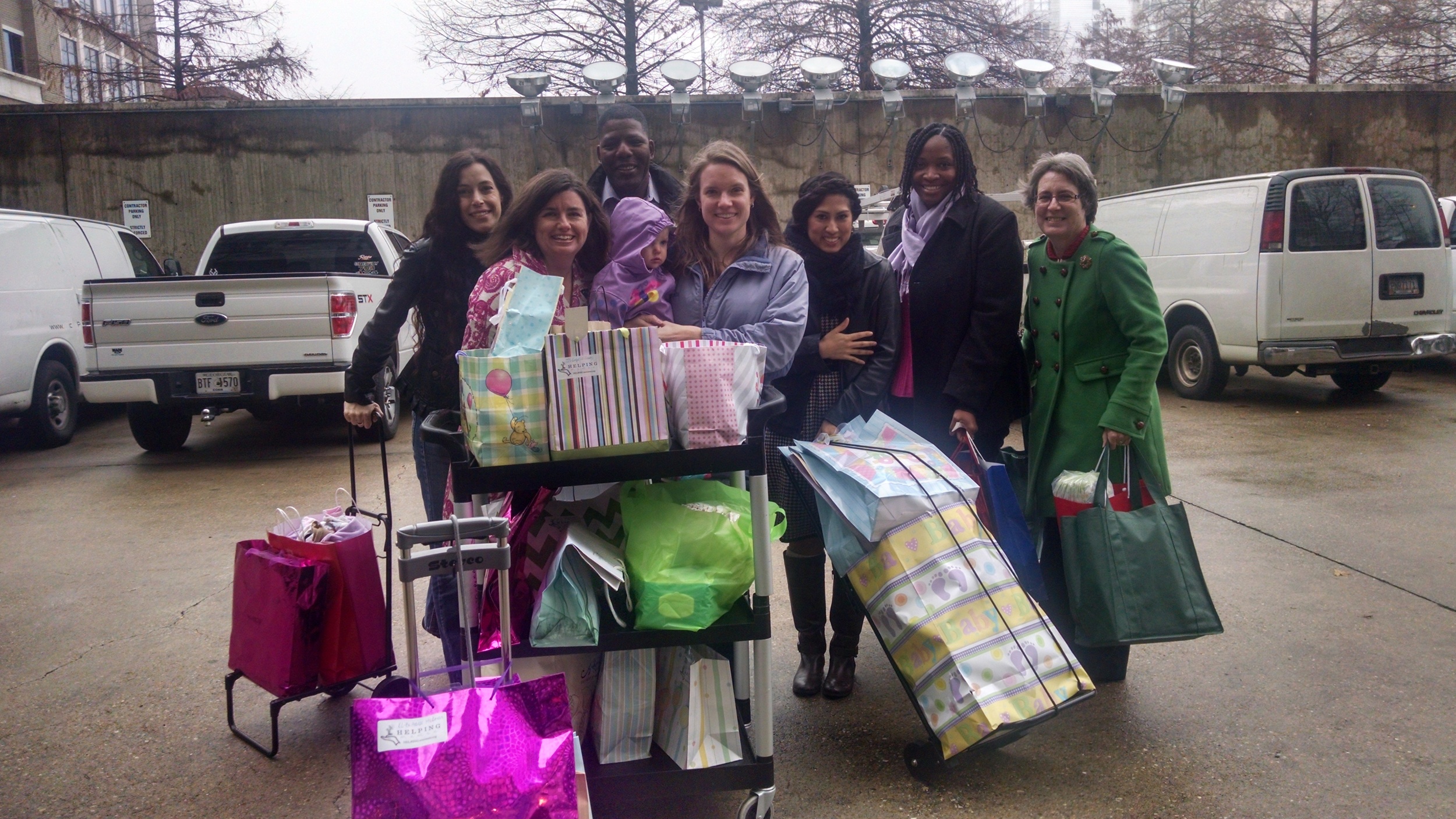 On December 23, 2014, local nonprofit organization Helping Mamas delivered two SUVs-full of diapers and gifts for 23 of LSG's youngest children in foster care.
On December 23, 2014, local nonprofit organization Helping Mamas delivered two SUVs-full of diapers and gifts for 23 of LSG's youngest children in foster care.